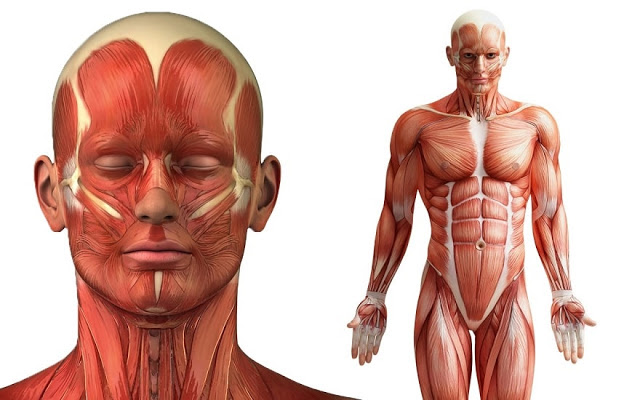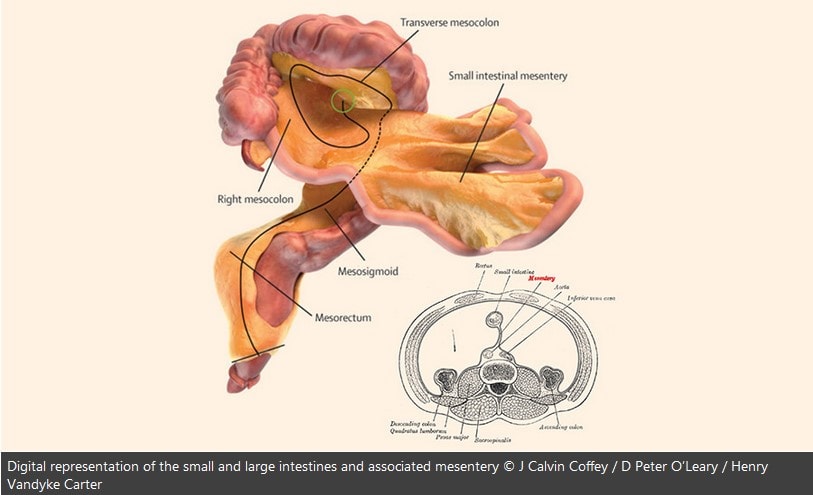A new organ has been discovered inside the human body.
Known as the mesentery, the organ was previously thought to be just a few fragmented structures in the digestive system.
But scientists have realized it is in fact one, continuous organ.
Although its function is still unclear, the discovery opens up “a whole new area of science,” according to J Calvin Coffey, a researcher at the University Hospital Limerick who first discovered it.
The organ is a double fold of peritoneum – the lining of the
abdominal cavity – that holds our intestine to the wall of our abdomen.
“When we approach it like every other organ… we can categorise abdominal disease in terms of this organ,” Coffey said.
“Now we have established anatomy and the structure. The next step is the function. If you understand the function you can identify abnormal function, and then you have disease.
“Put them all together and you have the field of mesenteric science.”
The research has been published in The Lancet medical journal.
Following its reclassification, medical students are now being taught that the mesentery is a distinct organ.
Gray’s Anatomy, the world’s most famous medical textbook, has been updated to include the new definition.




